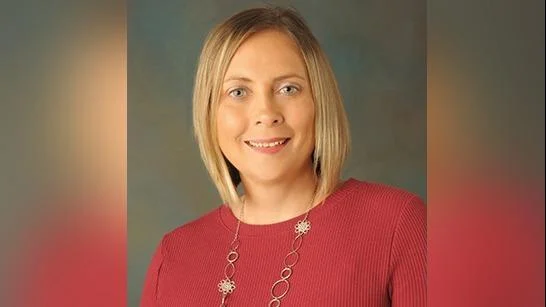Debbie Crowley Chief Quality Officer | Moberly Regional Medical Center
Debbie Crowley Chief Quality Officer | Moberly Regional Medical Center
Children are often encouraged to drink milk for strong bones, but bone health tends to be overlooked until later in life. However, maintaining bone strength is crucial for structural support, organ protection, and mobility throughout one's lifetime. According to Haley Williams, a family nurse practitioner at Moberly Rural Health Clinic, adults reach peak bone mass in their twenties, making it essential to maintain bone density to prevent osteoporosis as they age.
Osteoporosis is characterized by low bone mass and the deterioration of bone tissue, increasing the risk of fractures. In severe cases, even minor accidents can result in broken bones. The National Institutes of Health estimates that 10 million Americans over 50 have osteoporosis, with an additional 43 million having low bone mass at risk of developing the condition.
“It’s never too early to start the right kinds of exercise and a healthy diet that support strong bones and help to maintain bone density,” said Haley Williams from Moberly Rural Health Clinic. “Because a fall or bone fracture can create significant health challenges for older adults and impact their ability to remain independent, it is important to adopt healthy habits earlier in life that support bone health.”
Weight-bearing exercises such as walking, jogging or climbing stairs and resistance training like lifting weights or using resistance bands are beneficial for bone health. Calcium and Vitamin D intake along with a balanced diet rich in fruits and vegetables are also vital.
Osteoporosis affects nearly one in five women and one in twenty men over 50. The Centers for Disease Control and Prevention recommends screening women aged 65 and older and men aged 70 and older, with earlier screenings suggested for those with certain risk factors.
“A bone density scan is a painless procedure that provides information about bone health,” Williams explained. “Early detection of osteoporosis or low bone density can enable people to start making lifestyle changes or even starting medication to slow the progression of the disease.”
Williams advises patients to discuss their bone health with primary care physicians, especially if there is a family history of osteoporosis or hip fractures or if they have experienced fractures from minor falls.






 Alerts Sign-up
Alerts Sign-up